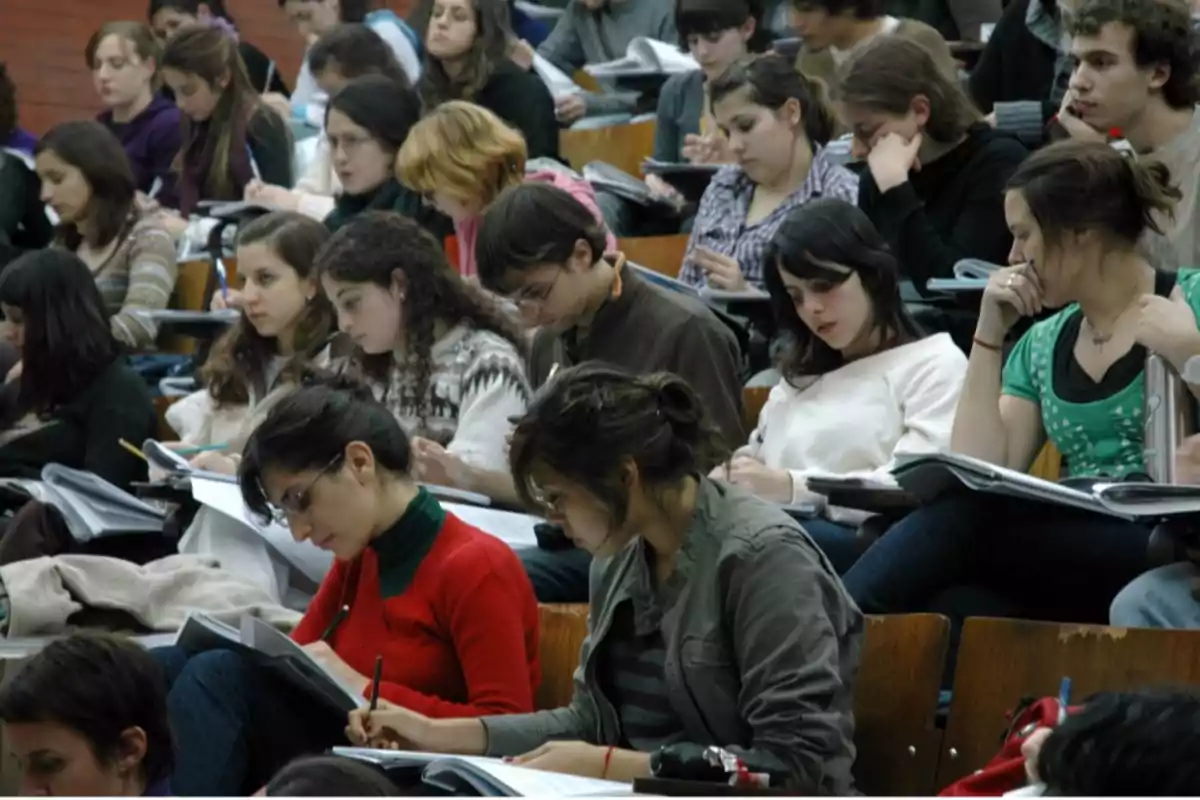
Argentina will implement a new university system based on credits: how it will work
Alejandro Álvarez detailed what the Argentine University Academic Credit System (SACAU) will be like
Starting in 2027, all new university degrees in Argentina, both in public and private universities, must adhere to the Argentine System of University Academic Credits (SACAU). This measure is driven by the Ministry of Human Capital led by Sandra Pettovello.
Meanwhile, the main points of this academic transformation are to modernize the Argentine higher education system and align it with international standards, indicated Alejandro Álvarez, Undersecretary of National University Policies.
What is an academic credit?
The SACAU introduces the concept of the Student Reference Credit (CRE), a unit of measurement that quantifies the total time a student dedicates to a subject. This time includes both in-person or virtual class hours and autonomous work (readings, exam preparation, assignments, projects).
Each credit equals 25-30 hours of student work, following the European model known as ECTS.

For example, a 6-credit subject would involve between 150 and 180 hours of total dedication. A 4-year degree, with 60 credits per year, will require 240 credits for completion.
What are the objectives of SACAU
According to Álvarez, SACAU aims to achieve greater:
- Transparency, by clarifying how much time each subject or degree requires.
- Flexibility, facilitating the change of degree or university and attending different institutions.
- Mobility, by equating the Argentine system with the standards of other countries, favoring the international recognition of studies.
- Predictability, by allowing the student to better plan their academic journey.
The use of SACAU will be mandatory from 2027 for all new degrees, by consensus among universities. Existing degrees may adopt it voluntarily. Additionally:
Undergraduate and graduate degrees will last 2 to 4 years, with a minimum of 60 annual credits.
Study plans must be redesigned to reflect the total workload in credits, also incorporating the student's autonomous effort.
What are the highlighted benefits of the new system
Internal mobility: credits taken at one Argentine university will be automatically recognized by others through institutional agreements.
International mobility: by aligning with standards used in Europe and other regions for more than two decades, Argentine degrees and subjects will have greater validation abroad.
Educational quality: alongside SACAU, Institutional Quality Assurance Systems (SIAC) will be implemented, especially relevant for degrees not accredited by CONEAU.
Modernization of the system
The current regulations date back to 1997. With SACAU, Argentina moves toward a more updated, integrative, and competitive model that recognizes changes in teaching methods, the use of technologies, and the demands of a globalized higher education.
In conclusion, Álvarez summarized: “SACAU seeks to modernize the Argentine university system, making it more flexible, transparent, and compatible with international standards”.
More posts: